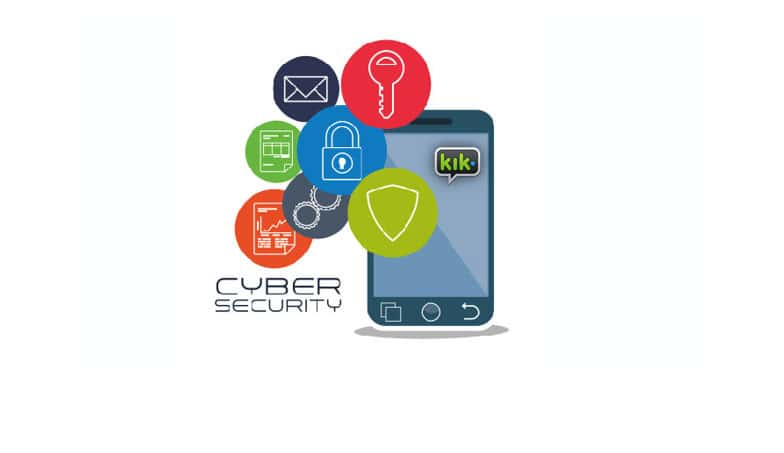
In the wake of last week’s incident involving a Fennville teenager who ended up traveling to another state after receiving a Kik Messenger app from Kansas, the Michigan State Police are strongly urging parents to know what their children are doing when they are online
Because internet use is a daily part of most of our lives, the Michigan State Police (MSP) Michigan Cyber Command Center (MC3) is reminding Michiganders to be safe and smart when using social networking applications (apps).
By design, social networking apps allow users to communicate and share information. They can be accessed using a variety of devices and are often free of charge. Examples include Facebook, Twitter, Snapchat, and Kik Messenger. Using social networking apps can be positive. However, there are dangers. Unintended use of these apps has resulted in children finding themselves in unsafe situations.
Kik, for instance, allows users to chat anonymously and does not validate user information. This is designed to protect privacy but it also means that users don’t truly know who they are talking to. Predators have utilized this app to convince teenagers to do things which resulted in exploitation or harm.
In last week’s incident, a teenager from Michigan’s Great Southwest traveled to another state to meet with someone she befriended on that app without telling her parents. She was found unharmed. However, this has not always been the case. Kik is only one of the hundreds of free social networking apps available to kids and teens. The prevalence and impact of these apps is too great to ignore.
Tips for parents:
- Understand what your kids are saying when they are talking to others. Some acronyms include:
o PAW or PRW: Parents are watching
o PIR: Parents in room
o POS: Parent over shoulder
o P911: Parent emergency
o (L) MIRL: (Let’s) meet in real life
o 9: Parent watching
o 99: Parent gone
- Talk with your kids and don’t sugar coat reality. Share news stories with them, even if they include uncomfortable details.
- Talk with your children about sexual victimization and potential online dangers.
- Spend time with your kids online and have them teach you about their favorite apps, networks, and web sites.
- Monitor your child’s phone. Keep laptops and computers in common rooms. Consider making your children’s rooms and the bathrooms technology free zones.
- Utilize parent controls and randomly check his or her online accounts.
- Teach your children responsible online activities and approve their apps.
There are many resources available to parents to assist in keeping children safe online. The National Center for Missing and Exploited Children (NCMEC) provides a comprehensive list of resources on their website at http://www.missingkids.org.
If you have information regarding possible child sexual exploitation, report it to the Cyber Tip Line at http://www.missingkids.org/cybertipline.
